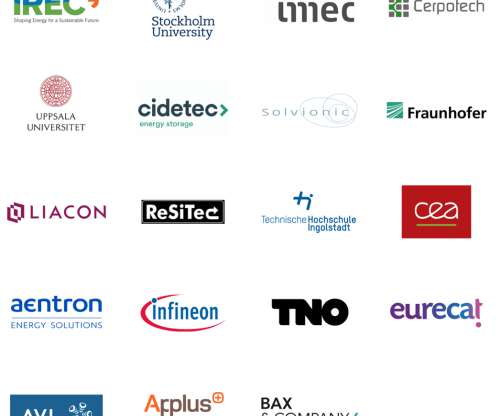European project to develop cobalt-free EV batteries awarded €11.8M
Green Car Congress
JUNE 24, 2020
The project will result in a unique battery system that features superior energy density, low cost, increased cycles and reduced critical materials. The proposed Li-ion battery technology will be demonstrated at TRL6 (battery pack) and validated on an automotive EV testbed. Useful cycle life of >2000. >4.5V

















Let's personalize your content